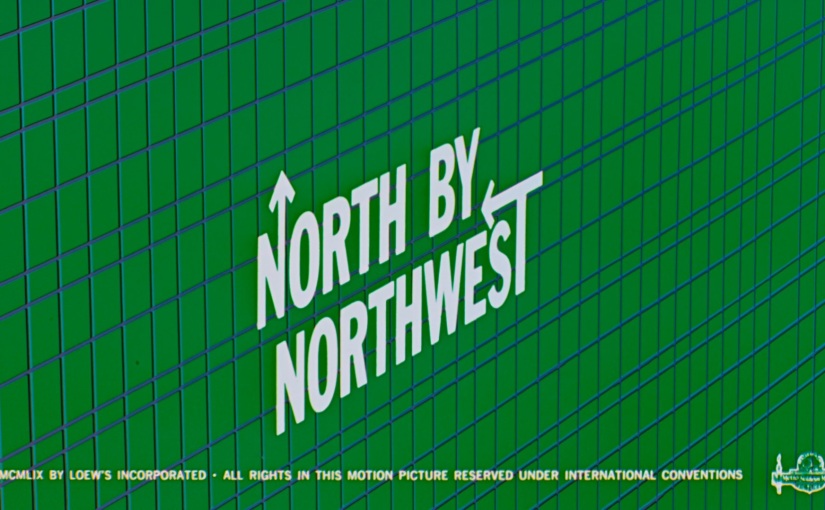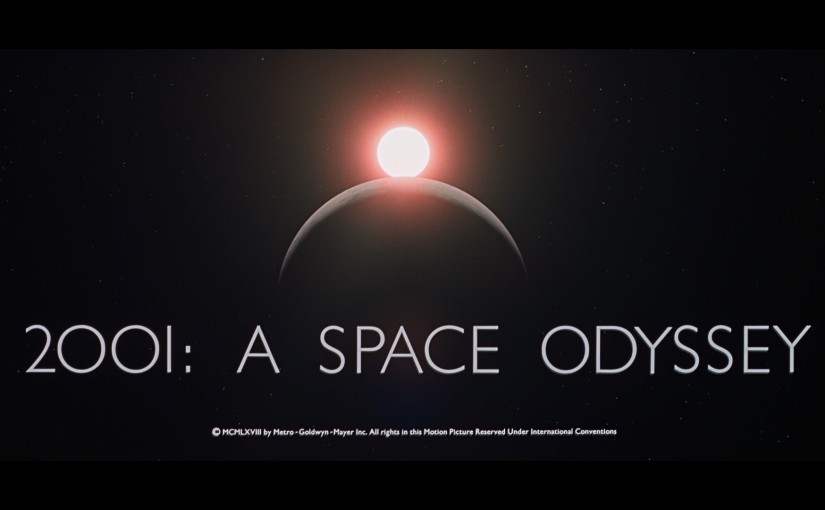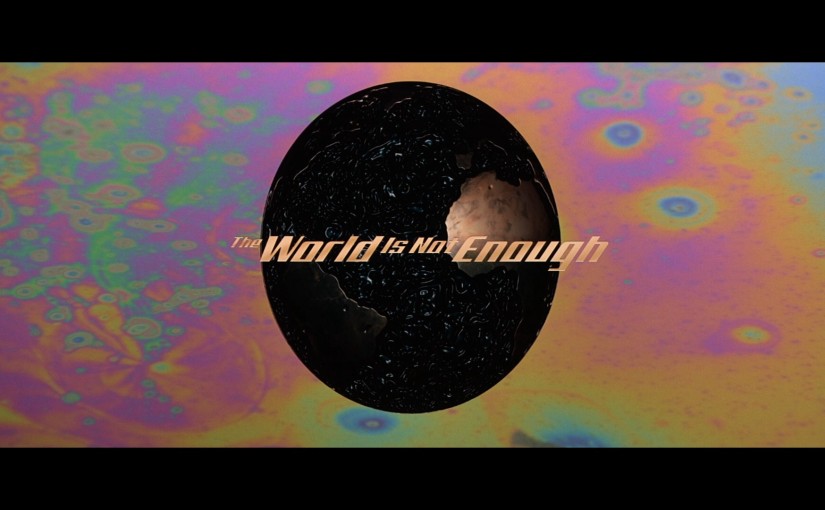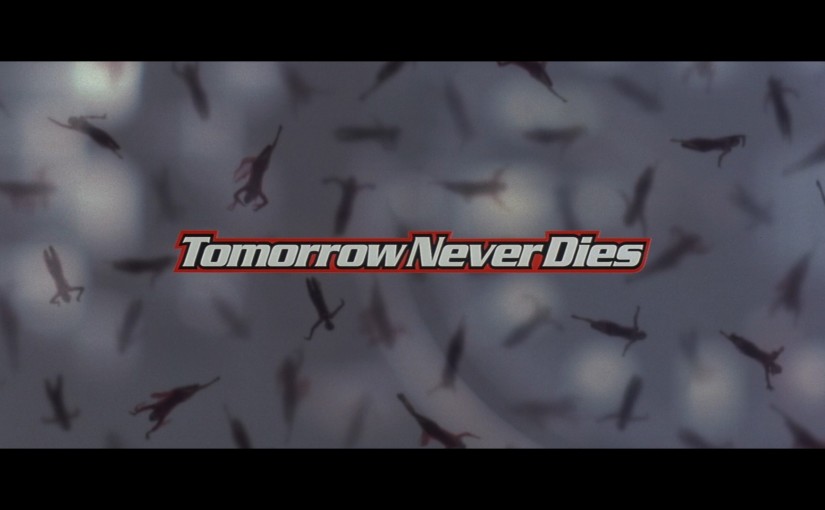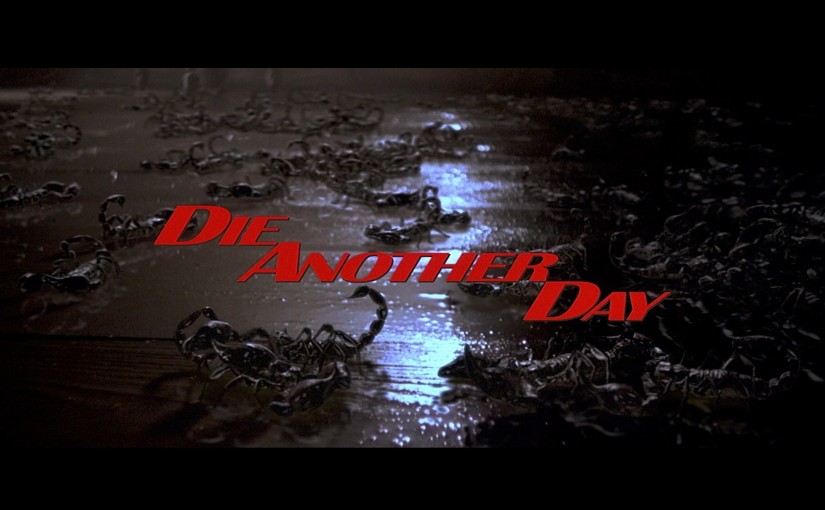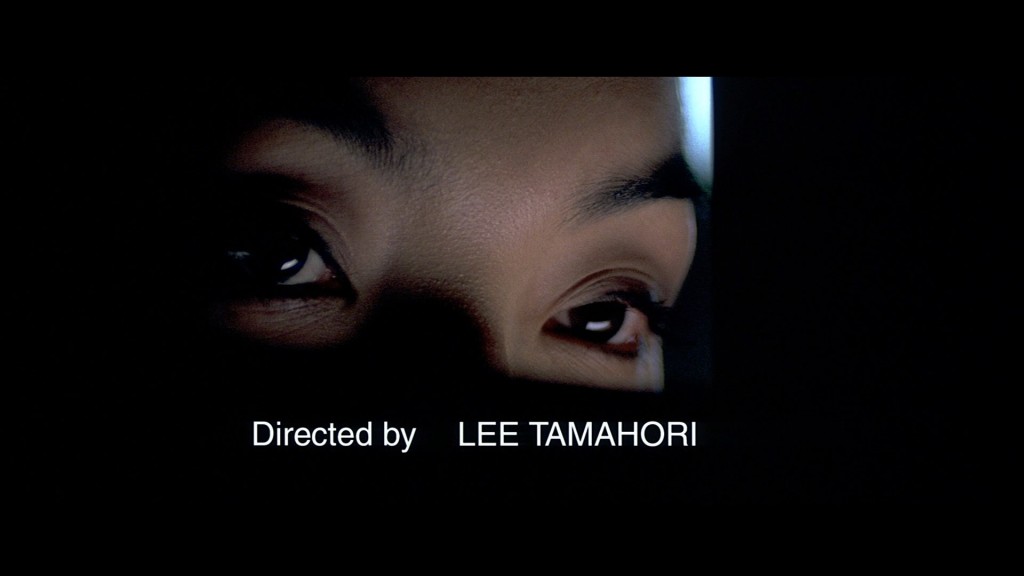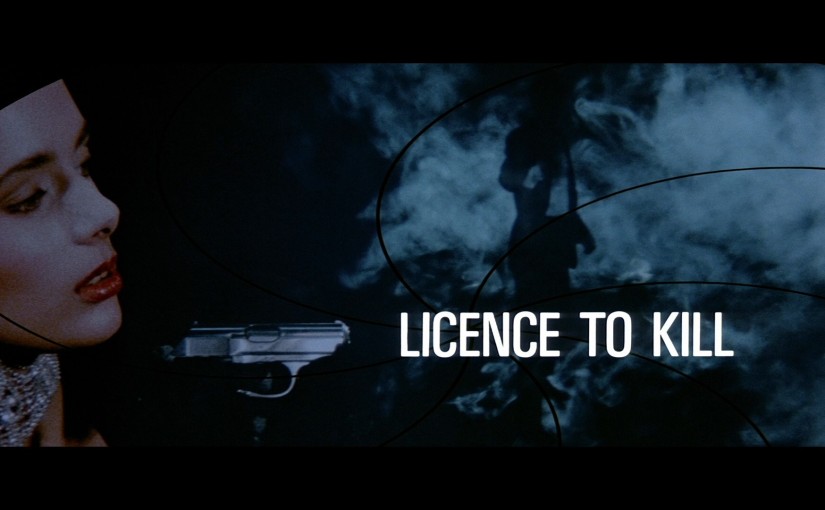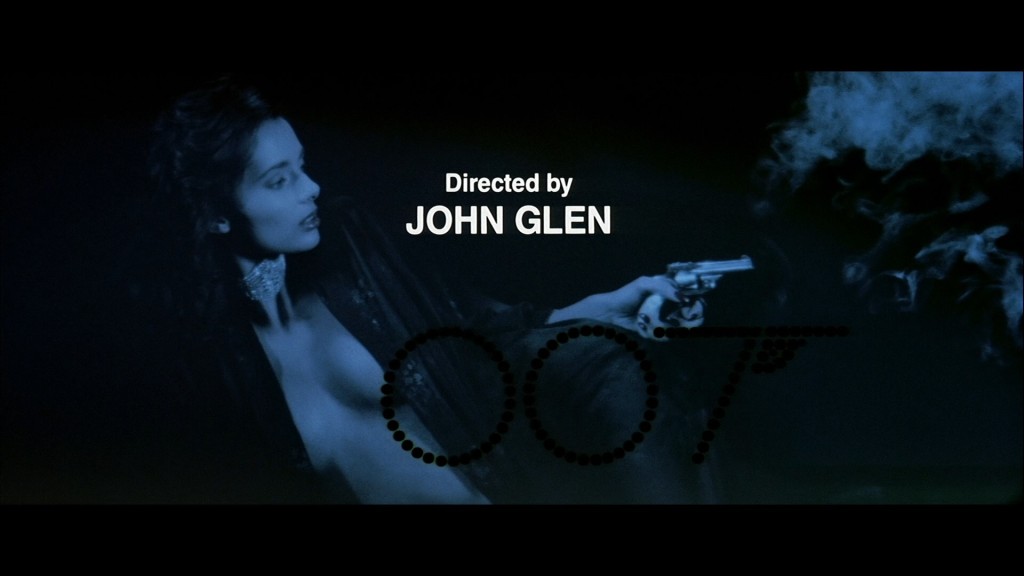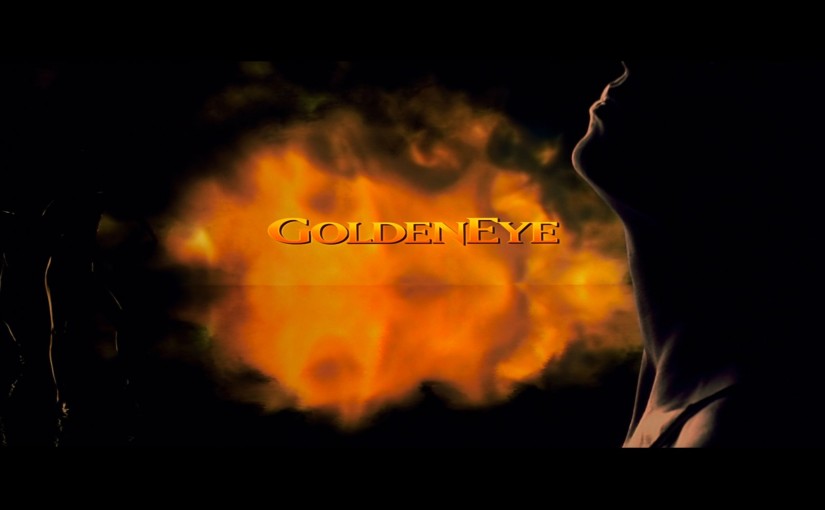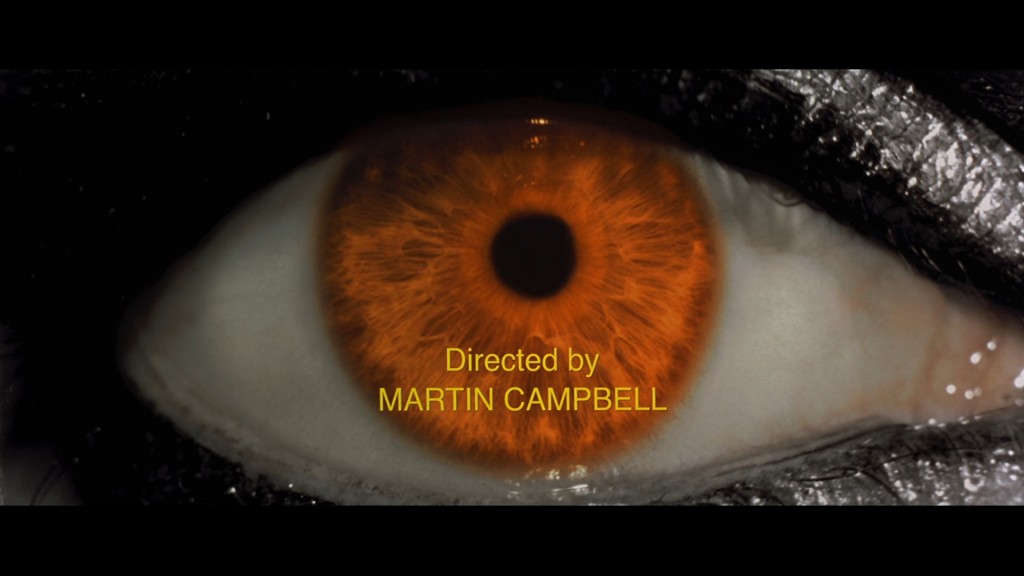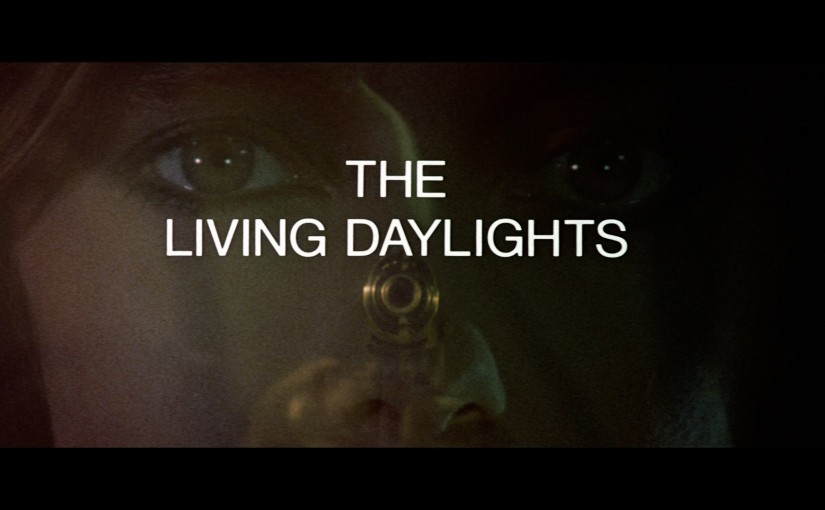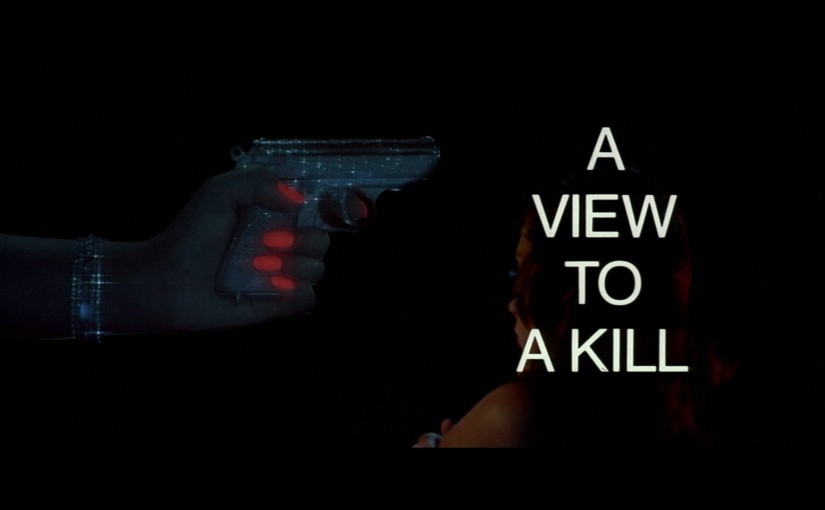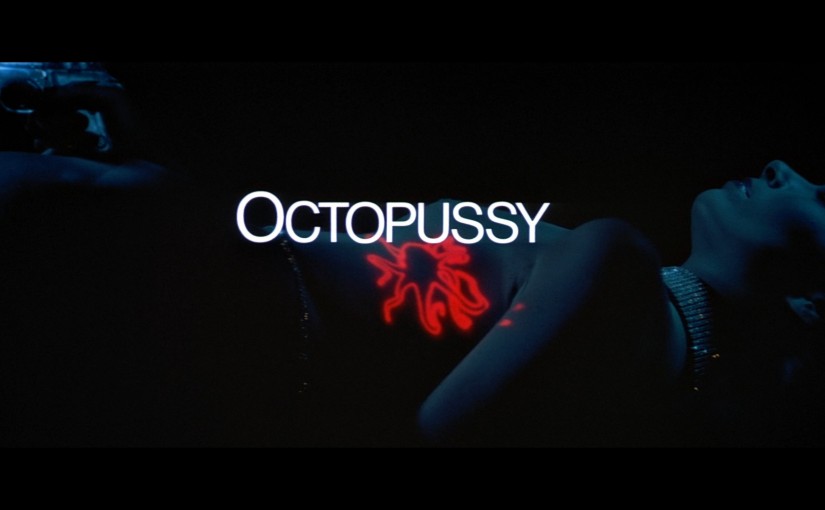Spoiler Warning: This discussion features some important narrative information that could spoil the text for you. It does not necessarily spell out the film’s conclusion, but it does talk about events in detail.
"That wasn't very sporting, using real bullets."
North by Northwest, Alfred Hitchcock’s spy-thriller classic is a text with great historical value and one of the many 50s films I’ve been meaning to see. To my surprise, this is far more comical than the other products I have seen of the legendary director. Indeed, it feels rather prototypical of the spy-comedy whilst also managing to feel like the major influence behind the introduction of Britain’s most famous secret agent in Dr. No just three years later.
There is some filmmaking in here that still takes your breath away in the sixty-plus years since its release. I adore the direct overhead shot of Cary Grant’s Roger Thornhill getting a taxi – it’s such a simple thing to show, yet Hitchcock ditches the easy approach and goes for the far more stimulating image he provides us with here. The crop duster sequence is obviously stand-out for the simple fact he manages to make a spectacle without any dialogue or music. He leaves his most fundamental tools alone, and the final product is all the better for it. Furthermore, for a man who shot the majority of his pictures in black-and-white, he has an astounding eye for striking colour and graphic lighting that grips your attention.
Cary Grant is one of the faces of the 50s for a good reason, all the charisma and charm you’d want in your leading man are in abundance here. His witty, biting dialogue is present from the very start and always gets a strong laugh, but he’s serious enough in the action and magnetic enough in the romance to keep it all moving. I don’t care so much for anyone else, but there isn’t necessarily a weak performance in the bunch. It feels like everyone is having fun, though, ceremoniously captured by the film’s ludicrous final cut, which is the result of over two hours of dancing around sex, only to have it censored. The result is the greatest middle finger to the Production Code in Hollywood history.
North by Northwest may be considered by many to be one of the best 50s films, but my range isn’t anywhere near broad enough yet to place it. It’s not a patch on Hitchcock’s Psycho, Vertigo, or Rear Window in my eyes. So, despite thoroughly enjoying big sections of the film, relishing in its intelligent writing and before-its-time quality, I still feel a little let down by its shortcomings. I may return to this once I have a better idea of the seasonings and savouries of 50s cinema. It’s still substantially impressive, though; the Mount Rushmore and crop duster plane sequences are icons of cinema for a reason. Plus, you can never get tired of the Alfred Hitchcock-Saul Bass-Bernard Herrmann-Cary Grant combination.


